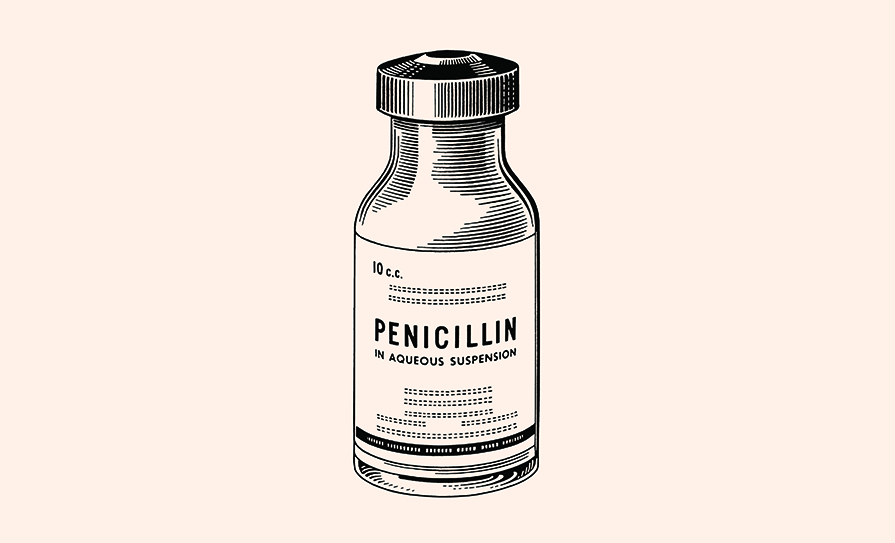<div> <h3 class=”DORSALheadMIstyles”>Brexit stage left… what about healthcare?</h3> </div> <div> <table cellspacing=”0″ cellpadding=”0″> <tbody> <tr> <td align=”left” valign=”top”>
At time of going to press, Britain had spoken — some of it, anyway — and decided that it was time to part company with the EU. It was a case of ‘it’s not me, it’s EU’.
</td> </tr> </tbody> </table> </div>
What the implications will be for Ireland in terms of cross-border healthcare and trade tariffs on medicines remains to be seen, as the ‘exit’ camp was high on emotion and rhetoric and short on details throughout its campaign.
For example, one of the central tenets of the ‘leave’ campaign was to ‘regain control’ of Britain’s borders, with the understanding that freedom of movement would be maintained between the Republic and the North. Exactly how this would work was not explained in detail. But why let the facts get in the way of raw emotions? Those with an interest in cross-border healthcare may be justifiably nervous.
The result of the ‘leave’ vote’s victory in the short-to-medium term is pure confusion and uncertainty for all the countries involved. At a time when the tentative steps to recovery are being made, in terms of economic stability, the vote to leave is the most destabilising event in the EU’s history. Some are even questioning whether the EU can actually survive this body-blow.
By this time, you will probably have gorged yourself on the gargantuan Sunday supplements on the topic.
So what are the implications for medicines supply and healthcare overall for Ireland? Again, uncertainty reigns but last year the UK spent ?3.5 billion on pharmaceuticals from Ireland (it spent ?36.5 billion on pharmaceuticals overall that year). This was in the context of a free-trade arrangement.
And where will Brexit leave distribution and supply chains? Medicines shortages are already a significant problem and this really is the last thing needed by healthcare professionals who are trying to keep the flow of medicines to vulnerable patients going as best they can.
The questions are endless — what about regulation and where does this leave the European Medicines Agency, which, incidentally, has its headquarters in London?
Scientific funding in the UK itself may also take a hit, with potential knock-on effects for the development of innovative medicines.
Closer to home, the Health Products Regulatory Authority now faces the prospect of being a damn sight busier than it has been to date.
If you have a particular problem, be it in your health, business, relationships and so on, if you know what that problem is, you can try to deal with it. It’s often uncertainty that causes the most anxiety and Brexit has given us all uncertainty in spades.
Of course, if the British government has any sense, it will follow the precedent set by Ireland — if you don’t like the result, simply have the referendum again. Eventually the public will ‘get it right’.
<h3>Only the lonely</h3>
Years of medicine can turn people into loners, either intentionally or otherwise, but it may not be such a bad thing.
Contrary to pretty much all previous research, folks at the London School of Economics have concluded that if you are intelligent and prefer your own company, then you may not actually need to spend time with friends to make you feel good. The have coined it the ‘Paleo happiness’ theory.
In fact, they say that if someone is of above-average intelligence and living in an urban area, the less time spent with friends, the happier they may be.
Some 15,000 people between the ages of 18 and 28 years were involved in the study and relationships, IQ, wellbeing and living environment were taken into account.
They found that people with less than average intelligence and who live in cities have less life satisfaction than their rural counterparts. But the exact opposite was true for people with high intelligence levels.
In their paper in the <em>British Journal of Psychology</em>, the researchers postulate that this may be partly down to evolution that goes back to our hunter-gatherer days on the African savannah.
Over to Dr Satoshi Kanazawa, lead author, who told the <em>Huffington Post</em>: “The human brain in large part responds to the current environment as if it were the ancestral environment — as if we were still hunter-gatherers living on the African savanna.
“The human brain — just like any other human body part — is evolutionarily designed for and adapted to the conditions of the ancestral environment. The brain therefore has difficulty comprehending and dealing with entities and situations that did not exist in the ancestral environment.
““More intelligent individuals are better able to… see such an evolutionarily novel situation as higher population density as what it truly is — a benign situation that requires no alarm or discomfort,” Dr Kanazawa said. “Hence, more intelligent individuals are less likely to experience lower levels of happiness in response to higher population density than less-intelligent individuals.”
So if you’ve been scolded as a loner by those around you, fear not, according to this research. Tear up that address book. Maybe you’re fine just as you are.












Leave a Reply
You must be logged in to post a comment.